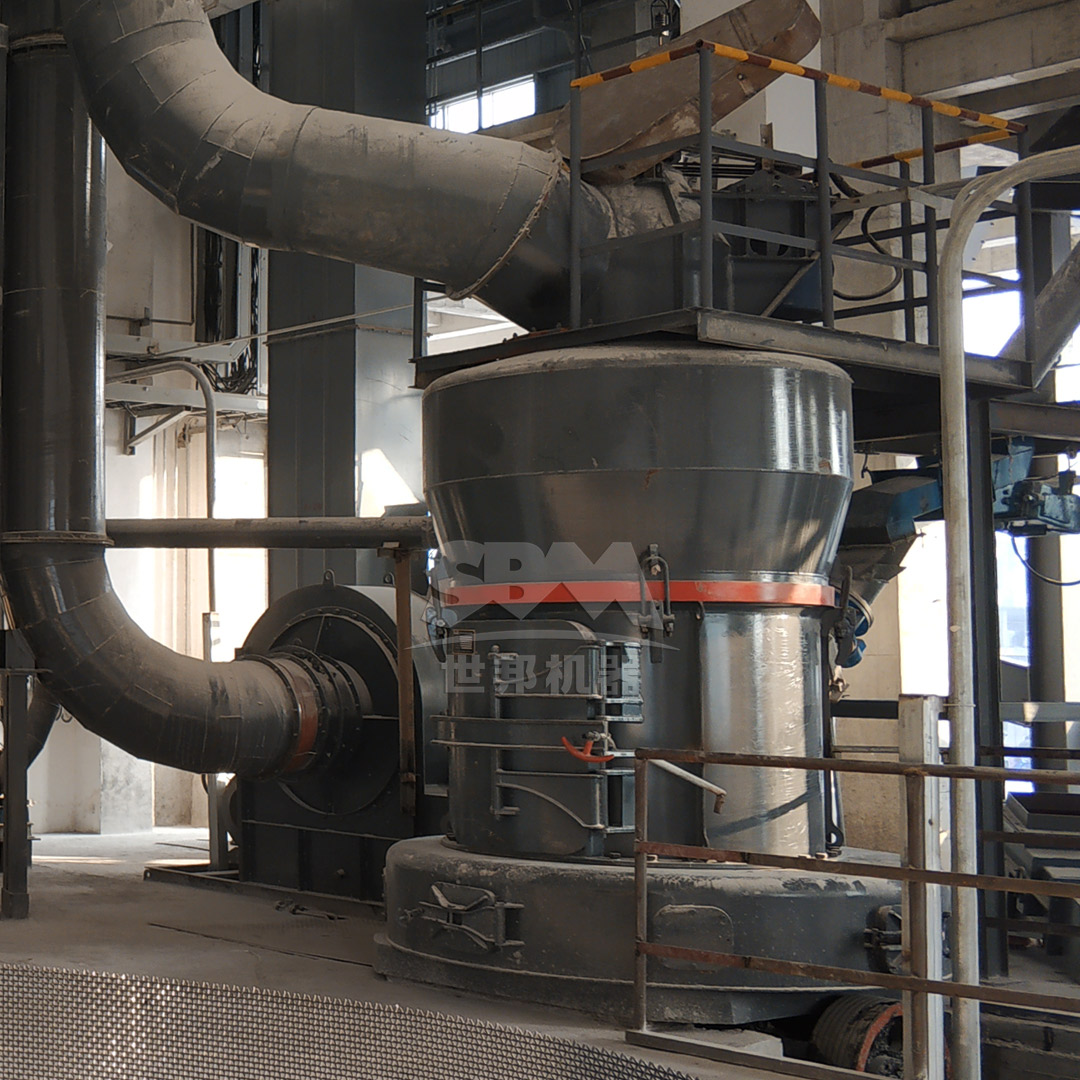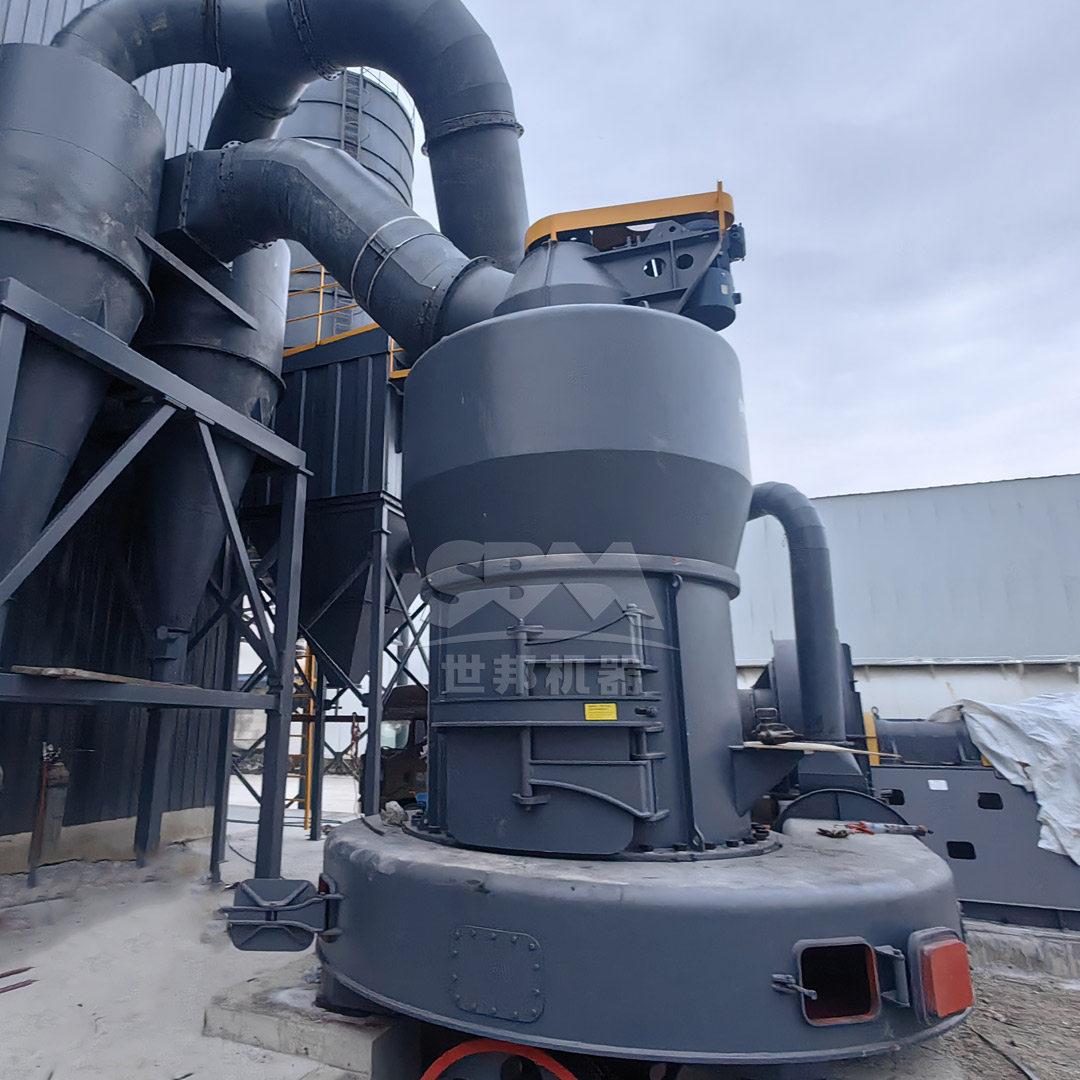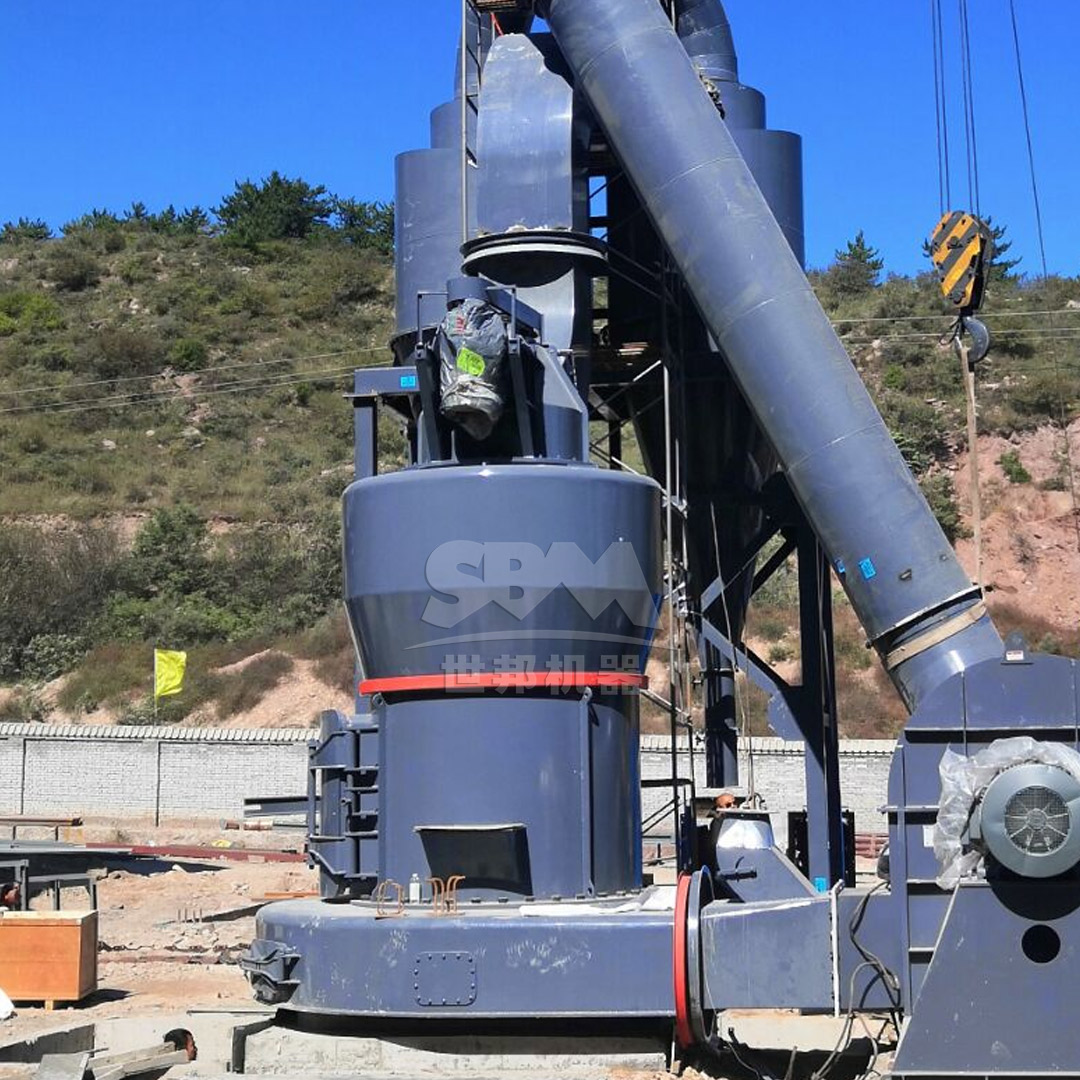Petroleum coke (petcoke) is a critical fuel source for lime kiln operations across North America, valued for its high calorific content and cost-effectiveness. However, its efficient utilization hinges on achieving optimal fineness through advanced grinding technologies. This article explores the technical requirements, operational challenges, and innovative milling solutions for petcoke processing in lime manufacturing, with a focus on high-performance equipment tailored to North American industrial standards.

Grinding petcoke presents unique challenges due to its abrasive nature, variable moisture content, and the need for precise particle size control. Key considerations include:
| Fineness Range (Mesh) | Combustion Efficiency (%) | Typical Kiln Output Impact |
|---|---|---|
| 100-200 | 75-85 | Moderate heat transfer, higher unburned carbon |
| 200-325 | 90-95 | Optimal combustion, reduced fuel consumption |
| 325-400 | 95-98 | Maximized efficiency, potential overgrinding cost |
Several milling technologies are employed in petcoke processing, each with distinct advantages for lime kiln applications:
VRMs offer integrated drying, grinding, and classification in a single unit, making them ideal for petcoke with moisture content up to 15%. Their vertical orientation and hydraulic pressing system provide efficient grinding with lower energy consumption compared to traditional ball mills.
For operations requiring very fine petcoke powders (up to 2500 mesh), ultrafine mills with advanced classification systems deliver precise particle size control. These mills are particularly suitable for high-reactivity petcoke varieties used in specialized lime products.

For North American lime kiln operations seeking to optimize petcoke grinding efficiency, we recommend our SCM Ultrafine Mill series. This advanced grinding system delivers exceptional performance for petcoke processing with the following capabilities:
| Model | Capacity (ton/h) | Main Motor Power | Input Size | Output Fineness |
|---|---|---|---|---|
| SCM800 | 0.5-4.5 | 75 kW | ≤20mm | 325-2500 mesh |
| SCM900 | 0.8-6.5 | 90 kW | ≤20mm | 325-2500 mesh |
| SCM1000 | 1.0-8.5 | 132 kW | ≤20mm | 325-2500 mesh |
| SCM1250 | 2.5-14 | 185 kW | ≤20mm | 325-2500 mesh |
| SCM1680 | 5.0-25 | 315 kW | ≤20mm | 325-2500 mesh |
The SCM series features intelligent control systems that automatically adjust to maintain consistent product fineness, crucial for stable kiln operation. The vertical turbine classifier ensures precise particle size distribution without coarse powder contamination.
For operations processing larger volumes of petcoke with slightly coarser fineness requirements, our MTW Series Trapezium Mill provides an excellent alternative:
The MTW series is particularly suitable for lime plants with varying petcoke quality, as its robust construction handles material fluctuations without compromising performance.
North American lime producers face specific operational challenges that influence mill selection:
Stringent EPA regulations require dust emissions below 20mg/m³ and noise levels under 85dB. Modern grinding mills must incorporate advanced filtration and sound suppression technologies to meet these standards.
With varying electricity rates across regions, energy-efficient mills provide significant operational savings. The SCM Ultrafine Mill’s 30% reduction in energy consumption translates to substantial cost benefits over equipment lifecycles.
Remote operations in some North American locations require mills with extended maintenance intervals and easy component replacement. Both recommended series feature quick-change designs for critical wear parts.

A major Canadian lime producer implemented the SCM1250 Ultrafine Mill for their petcoke grinding operations, achieving:
Selecting the appropriate grinding technology is critical for optimizing petroleum coke utilization in lime kiln operations. The SCM Ultrafine Mill and MTW Trapezium Mill series offer advanced solutions tailored to North American operational requirements, delivering superior efficiency, environmental compliance, and operational reliability. As the lime industry continues to evolve toward greater sustainability and efficiency, investing in modern grinding technology provides a competitive advantage through reduced operating costs and improved product quality.